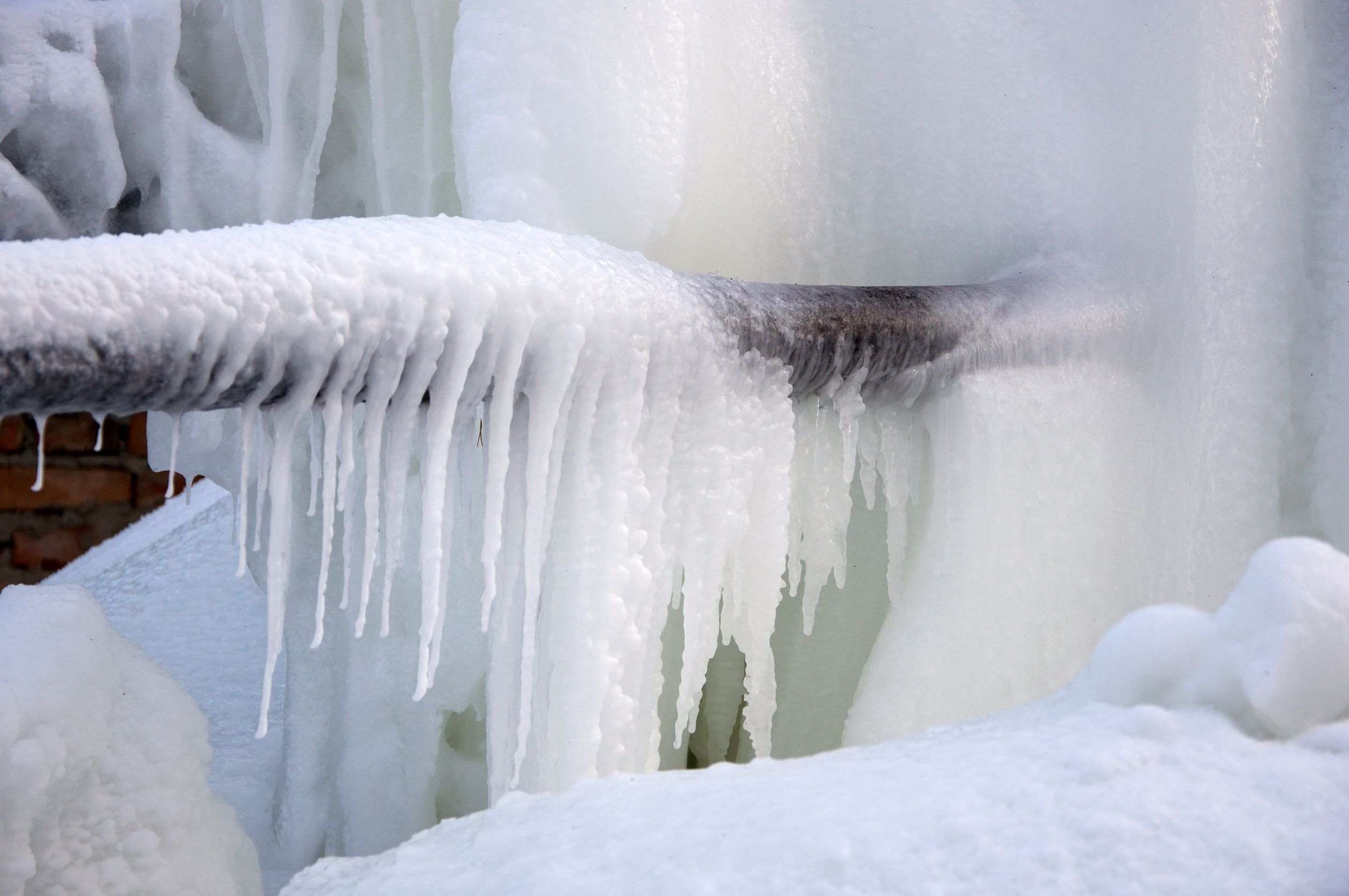Avoiding Frozen Pipes in Cold Weather: Essential Strategies
Avoiding Frozen Pipes in Cold Weather: Essential Strategies
Blog Article
How do you really feel in relation to How To Avoid Freezing Pipes?

Winter can damage your pipes, especially by freezing pipelines. Here's just how to stop it from taking place and what to do if it does.
Introduction
As temperatures decrease, the danger of icy pipelines rises, potentially leading to expensive fixings and water damage. Comprehending exactly how to prevent frozen pipes is crucial for house owners in cold climates.
Prevention Tips
Shielding vulnerable pipes
Wrap pipes in insulation sleeves or utilize warm tape to shield them from freezing temperatures. Focus on pipes in unheated or outside areas of the home.
Heating techniques
Keep indoor spaces adequately heated up, specifically locations with pipes. Open cupboard doors to permit warm air to circulate around pipes under sinks.
Exactly how to identify frozen pipelines
Seek lowered water circulation from faucets, uncommon smells or noises from pipes, and noticeable frost on exposed pipes.
Long-Term Solutions
Architectural adjustments
Take into consideration rerouting pipes away from outside walls or unheated areas. Add additional insulation to attic rooms, cellars, and crawl spaces.
Upgrading insulation
Purchase high-quality insulation for pipelines, attics, and walls. Appropriate insulation helps preserve constant temperatures and reduces the threat of frozen pipelines.
Protecting Exterior Plumbing
Garden hoses and exterior faucets
Separate and drain pipes yard hoses prior to winter months. Mount frost-proof spigots or cover outdoor taps with insulated caps.
Comprehending Icy Pipelines
What creates pipelines to freeze?
Pipes freeze when exposed to temperature levels listed below 32 ° F (0 ° C) for extended durations. As water inside the pipes ices up, it broadens, taxing the pipe wall surfaces and potentially triggering them to burst.
Dangers and problems
Frozen pipes can result in water system interruptions, residential property damages, and costly repair services. Burst pipes can flood homes and trigger extensive structural damages.
Signs of Frozen Pipes
Recognizing frozen pipes early can avoid them from breaking.
What to Do If Your Pipelines Freeze
Immediate activities to take
If you think icy pipelines, maintain taps available to alleviate stress as the ice melts. Use a hairdryer or towels soaked in hot water to thaw pipelines slowly.
Verdict
Stopping icy pipelines requires aggressive procedures and quick feedbacks. By comprehending the reasons, indications, and safety nets, house owners can protect their pipes during cold weather.
Helpful Tips to Prevent Frozen Pipes this Winter
UNDERSTANDING THE BASICS: WHY PIPES FREEZE AND WHY IT’S A PROBLEM
Water freezing inside pipes is common during the winter months, but understanding why pipes freeze, and the potential problems it can cause is crucial in preventing such incidents. This section will delve into the basics of why pipes freeze and the associated problems that may arise.
THE SCIENCE BEHIND FROZEN PIPES
When water reaches freezing temperatures, it undergoes a physical transformation and solidifies into ice. This expansion of water as it freezes is the primary reason pipes can burst. As the water inside the pipe freezes, it expands, creating immense pressure on the walls. If the pressure becomes too great, the pipe can crack or rupture, leading to leaks and water damage.
FACTORS THAT CONTRIBUTE TO PIPE FREEZING
Low Temperatures: Extremely cold weather, especially below freezing, increases the risk of pipes freezing. Uninsulated or Poorly Insulated Pipes: Pipes located in unheated areas, such as basements, crawl spaces, or attics, are more prone to freezing. Insufficient insulation or lack of insulation altogether exacerbates the problem. Exterior Wall Exposure: Pipes running along exterior walls are susceptible to freezing as they encounter colder temperatures outside. Lack of Heating or Temperature Regulation: Inadequate heating or inconsistent temperature control in your home can contribute to frozen pipes. PROBLEMS CAUSED BY FROZEN PIPES
- Pipe Bursting: As mentioned earlier, the expansion of water as it freezes can cause pipes to burst, resulting in significant water damage.
- Water Damage: When pipes burst, it can lead to flooding and water damage to your property, including walls, ceilings, flooring, and personal belongings.
- Structural Damage: Prolonged exposure to water from burst pipes can compromise the structural integrity of your home, leading to costly repairs.
- Mold and Mildew Growth: Excess moisture from water damage can create a favorable environment for mold and mildew growth, posing health risks to occupants.
- Disrupted Water Supply: Frozen pipes can also result in a complete or partial loss of water supply until the issue is resolved.
WHY CERTAIN PIPES ARE MORE PRONE TO FREEZING
- Location: Pipes located in unheated or poorly insulated areas, such as basements, crawl spaces, attics, or exterior walls, are at higher risk of freezing.
- Exterior Pipes: Outdoor pipes, such as those used for irrigation or exposed plumbing, are particularly vulnerable to freezing as they are directly exposed to the elements.
- Supply Lines: Pipes that carry water from the main water supply into your home, including the main water line, are critical to protect as freezing in these lines can affect your entire plumbing system.
- Underground Pipes: Pipes buried underground, such as those connected to sprinkler systems or outdoor faucets, can be susceptible to freezing if not properly insulated.
https://busybusy.com/blog/helpful-tips-to-prevent-frozen-pipes-this-winter/

As an enthusiastic reader on Preventing and dealing with frozen pipes, I think sharing that excerpt was a good idea. Sharing is good. You never know, you could be helping someone out. I cherish your readership.
Top Article Report this page